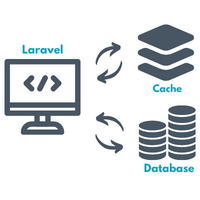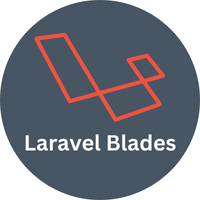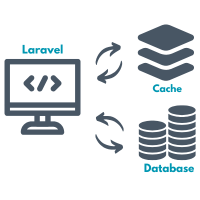Repository cache in Laravel

In modern web applications, optimizing data retrieval is crucial to improving performance and user experience. One common practice is caching database queries to reduce redundant calls to the database. While Laravel offers built-in caching features, in some cases, you may want to implement custom repository caching manually to better control your caching mechanism. This article will walk you through implementing repository caching in Laravel 12, explaining the steps involved and how to achieve better performance in your application.

